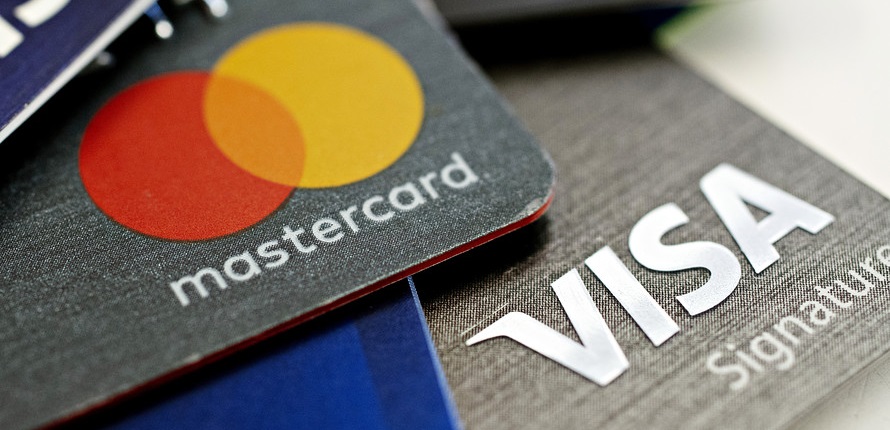
As Congress negotiates a second Covid-19 rescue package, consumers warn they could soon be unable to make minimum payments, according to Bloomberg.
Despite the coronavirus and millions of jobless claims driving the U.S. economy deeper into recession, the flood of credit card delinquencies that some predicted has yet to materialize. Instead, card debt has actually gone down since the pandemic struck, with many consumers spending less while using bailout money to chip away at balances.
But that may not last. Even if Congress passes a new rescue package with more unemployment benefits, the cumulative effect of the ongoing economic catastrophe may finally trigger that default deluge, a new survey reveals.
More than half of consumers with credit card debt said they will need more bailout money to make minimum payments over the next three months, but about the same number said employment will be more critical to avoiding default.
And right now, roughly 30 million Americans are claiming unemployment benefits.
“I think the overall trend [of credit card debt going down] masks some of the difficulty at the household level, and I do fear that we’re going to have more people relying on cards for financing and relying on cards just to make ends meet,” said Ted Rossman, an industry analyst at CreditCards.com, which sponsored the survey.
More than one-third of respondents said they had credit card debt. Of those, three in 10 said a lack of additional money from Congress would have a major effect on their ability to make minimum payments between now and mid-October. But even so, 61% of respondents said that not being able to work in the coming months would affect their ability to pay, with majorities of currently full-time employed and unemployed people saying it would have a “major effect.”
Catching up to Credit Card Debt
For Americans with credit card debt, making minimum payments in the next three months may be affected by government aid and their ability to work.
More than 60 million Americans used credit cards to meet spending needs within the previous week, according to Census Bureau survey data from July. While an April survey for CreditCards.com found that 47% of U.S. adults said they had credit card debt, that number dropped to 36% in the latest poll. Rossman warned however that the delinquency concern may only be delayed instead of avoided—especially if there isn’t more aid forthcoming from Washington.
To be sure, Congress is considering plans for additional bailout money. But without more support, there would also be more immediate problems than credit scores: Millions more Americans would face poverty by the end of this year, according to one study.
The CreditCards.com survey was carried out by YouGov from July 15 to July 17 with more than 2,300 total respondents. Of those, 889 had credit card debt and were the base for questions about paying it.
Banking 4.0 – „how was the experience for you”
„To be honest I think that Sinaia, your conference, is much better then Davos.”
Many more interesting quotes in the video below: